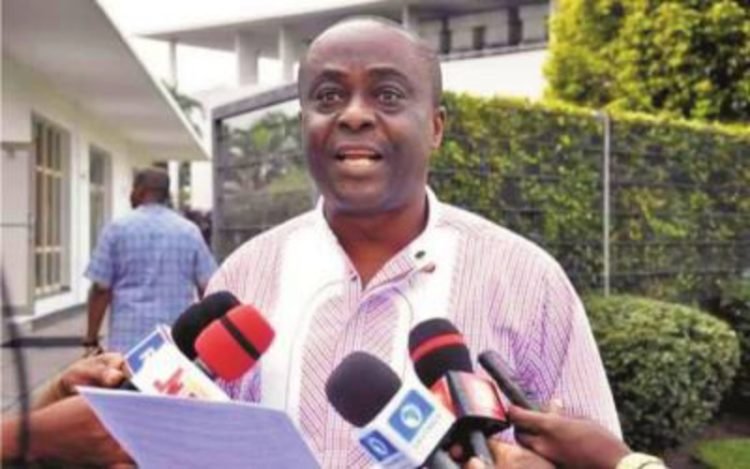I hope this administration and its advisors have realised by now that the demand for Premium Motor Spirit (Petrol) is becoming less essential than it once was as prices continue to rise. If this trend persists, the government’s revenue target will shrink significantly in no time. With each price increase over the last six months, per-liter demand has declined as people adjust their spending.
Initially, private vehicle owners reduced their daily fuel consumption by cutting down on unnecessary trips.
As prices rose further, they eliminated all non-work-related journeys.
Another price hike led coworkers who share the same route to carpool, sharing a single vehicle to the workplace and jointly contributing to fuel costs.
Yet another increase saw 90% of workers in Nigeria opting for public transportation to get to their jobs.
The latest hike forced residents who live more than 70 kilometers from their workplaces to either relocate temporarily, away from family, or quit lower-paying jobs.
Conclusion and Prediction:
If prices continue to rise and make living conditions more difficult, workers will prioritise jobs within walking distance, leading to a further, drastic decline in PMS demand-potentially nearing zero. The anticipated revenue increase from higher prices will not materialise, potentially causing economic crisis. Although smuggling PMS to neighbouring countries may yield short-term gains, sustaining this practice depends on keeping the naira weak, which further complicates economic stability.
Dr. Anu Toriola,
Department of Economics, Hallmark University, Ijebu-Itele, Nigeria
e-mail: aktoriola@hallmarkuniverity.edu.ng
November 6th, 2024













